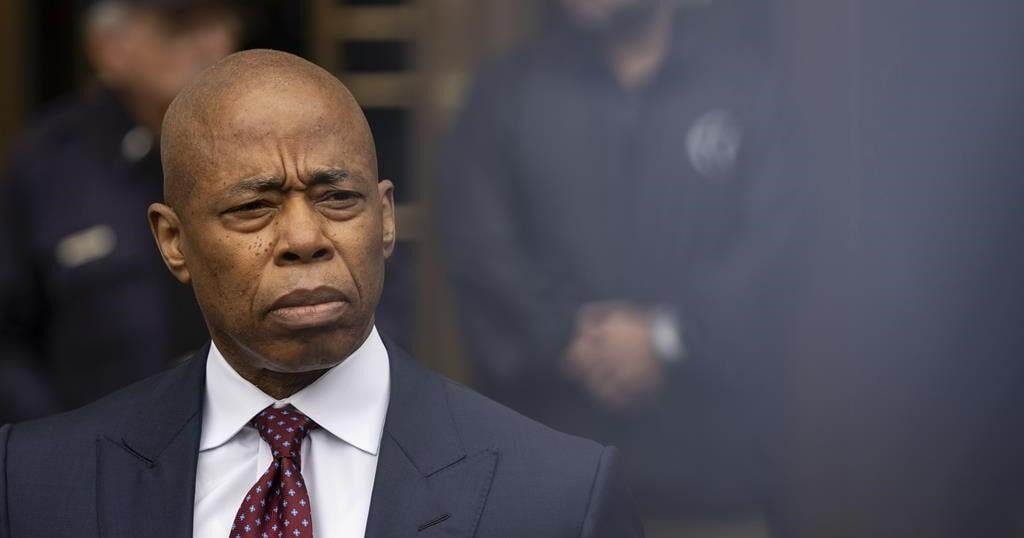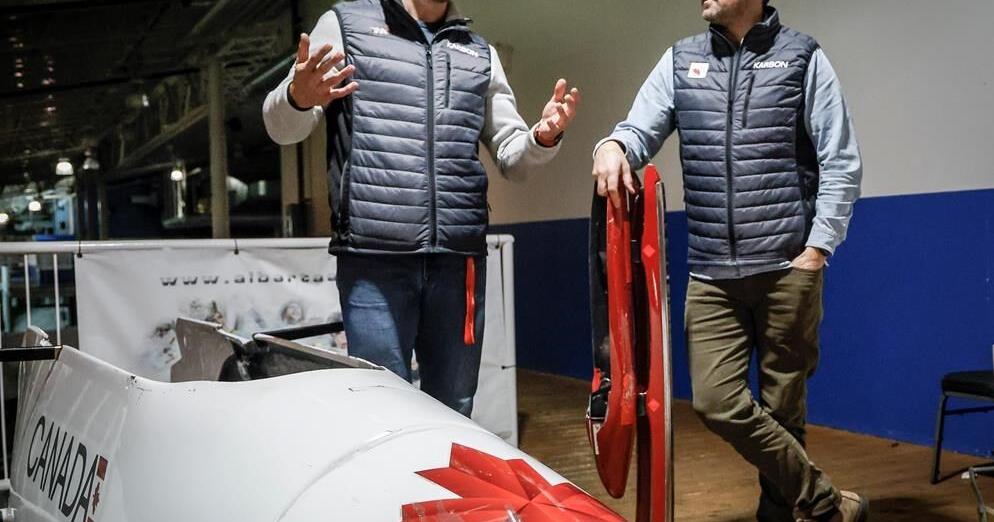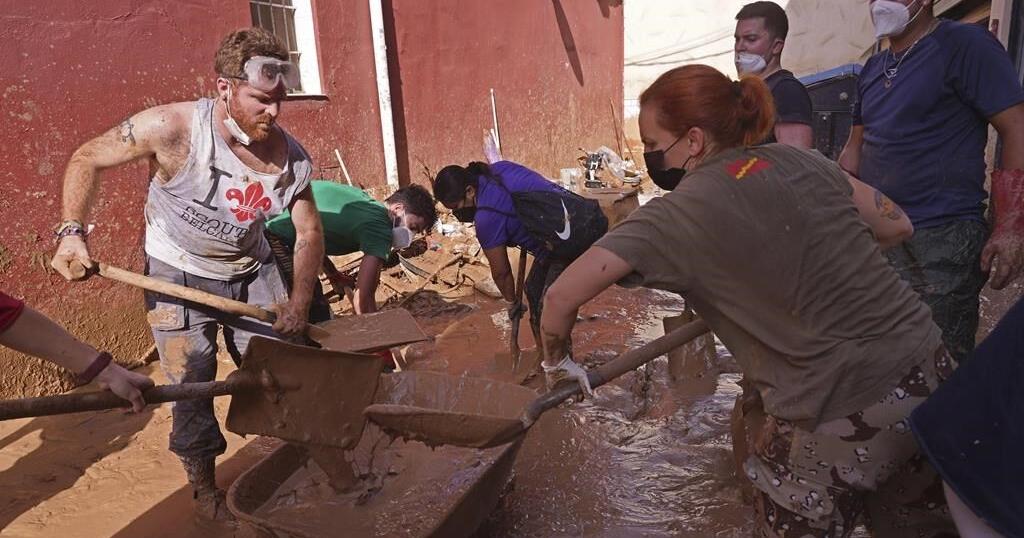NEW YORK (AP) — New York City Mayor Eric Adams launched a legal attack on the federal corruption case against him Monday, with his attorney asking a judge to toss out bribery charges and then holding a combative news conference accusing prosecutors of ethical lapses.
Adams, a Democrat, pleaded not guilty Friday to charges that he accepted lavish travel benefits and illegal campaign contributions from a Turkish official and other foreign nationals, and in return performed favors including pushing through the opening of a Turkish consulate building.
The mayor’s attorneys said in a motion filed early Monday that the cheap flights to overseas destinations, seat upgrades, free meals and free hotel rooms he got were not bribes, as that crime has been defined by federal law.
“Congressmen get upgrades, they get corner suites, they get better tables at restaurants, they get free appetizers, they have their iced tea filled up,” his attorney, Alex Spiro, said at a subsequent news conference. “Courtesies to politicians are not federal crimes.”
While not disputing that Adams accepted flight upgrades and deeply-discounted or free travel, Spiro said his client had never promised to take action on behalf of the Turkish government in exchange for the perks, which prosecutors say were worth more than $100,000.
“There was no quid pro quo. There was no this for that,” Spiro said.
The mayor has vowed to continue serving while fighting the charges, which he has suggested — without providing evidence — are politically motivated.
On top of the case against Adams, federal prosecutors are believed to be leading separate ongoing investigations into several top city officials with deep ties to the mayor. The drumbeat of searches and subpoenas in recent weeks has prompted the resignation of the city’s police commissioner and schools chancellor, along with some calls for the mayor to resign.
Gov. Kathy Hochul, a fellow Democrat who has the power to remove Adams from office, told reporters Monday that she had spoken to the mayor about “what my expectations are” but also indicated she wasn’t ready to give up on his administration.
“I am giving the mayor an opportunity now to demonstrate to New Yorkers — and to me — that we are righting the ship, that we have the opportunity to instill the confidence that I think is wavering right now and to power forward with an effective government,” she said.
U.S. Attorney Damian Williams, whose office brought the case, has said that politics played no role. At a news conference on an unrelated topic Monday, Williams declined to comment on Spiro’s remarks, saying prosecutors would speak through its court filings going forward.
Prosecutors say Adams accepted at least seven free and steeply discounted flights, along with luxury hotel stays, high-end meals, entertainment and illegal foreign donations, from a Turkish official and others seeking to buy his influence.
In September 2021, the official sought to cash in on the favors by asking Adams to expedite the opening of the 36-story Manhattan consulate building, which fire safety inspectors said was not safe to occupy, ahead of an important state visit by the Turkish president, Recep Tayyip Erdogan, according to the indictment.
Adams then sent a series of text messages to the fire commissioner pushing for him to open the building — something that Spiro also did not dispute.
At the time, Adams was still serving as Brooklyn borough president, a largely ceremonial position, but had already won the mayoral primary and was widely expected to become mayor.
Prosecutors said Adams did not disclose most of the free or heavily discounted trips he took while borough president, as required by city conflict-of-interest laws.
At the news conference, Spiro initially said Adams was not legally obligated to disclose any of the trips or upgrades, but later acknowledged — after reporters noted city rules that required some types of gifts and travel perks to be reported — that he was not an expert in the city’s conflict-of-interest law.
Defense attorneys claim the additional charges against Adams — that he solicited and accepted foreign donations and manipulated the city’s matching funds program — would soon be revealed as “equally meritless.”
They said a former Adams staffer had lied to prosecutors to make it seem like the mayor had firsthand knowledge of the illegal donations.
“Eventually New Yorkers, being New Yorkers, are going to wise up to all this,” Spiro said.
Adams is due back in court Wednesday for a conference.

























